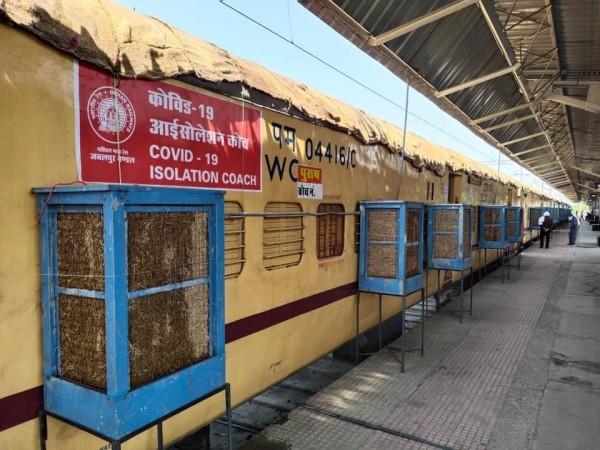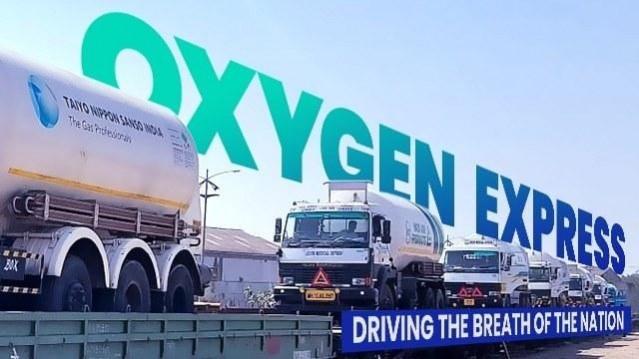In response to the urgent demand in different states, the Indian Railways have made available a fleet of more than 4,400 isolation coaches with around 70,000 beds to serve as isolation units.
These isolation coaches can be easily moved and positioned at places of demand on the Indian Railways network. Quick memorandum of agreement on shared responsibilities and rapid action plans are being worked out by Railways with the respective district authorities.
According to the Railway officials, the department is taking rapid action to swiftly move isolation coaches to places of demand made by respective states by mobilizing workforce and material.

232 coaches handed over to states for COVID care
Responding to the demands of various states, Railways have, so far, handed over 232 coaches to be used as Corona Care Centres with a capacity of more than 4,000 beds. The latest demand came from Gujarat, wherein the Railways have deployed 10 coaches for Sabarmati and six coaches for Chandoliya in terms of the memorandum of agreement with Ahmedabad Municipal Corporation.
Similarly, Railways have positioned 10 isolation coaches at Dimapur in Nagaland. Isolation coaches were deployed for Jabalpur and are now functional. 21 coaches are also made functional for medical exigencies at Palghar and two sets of oxygen cylinders are also provided to meet any exigency.

Supplied 2,067 metric tonnes of liquid oxygen
In its ongoing efforts to provide oxygen to different states and UTs, the Indian Railways delivered approximately 2,067 metric tonnes (MT )of Liquid Medical Oxygen (LMO) to various states across the country in 137 tankers. Of this, 174 MT has been delivered to Maharashtra, 641 MT to UP, 190 MT to Madhya Pradesh, 229 MT to Haryana, and 123 MT to Telangana, and Delhi has got 707 MT of Oxygen.
Facilitating better work convenience for health workers
Railways are also taking utmost efforts to devise ways to facilitate better work convenience for the state medical personnel on duty.
At some locations, the Railway authorities have also provided new logistical solutions like supported ramps on stair-cases for hassle-free transport of sick patients besides facilitative conveniences like make-shift tents, area segregation for better isolation on railway platforms that serve as a freeway for movement of medical personnel and supplies in these COVID care facilities.














